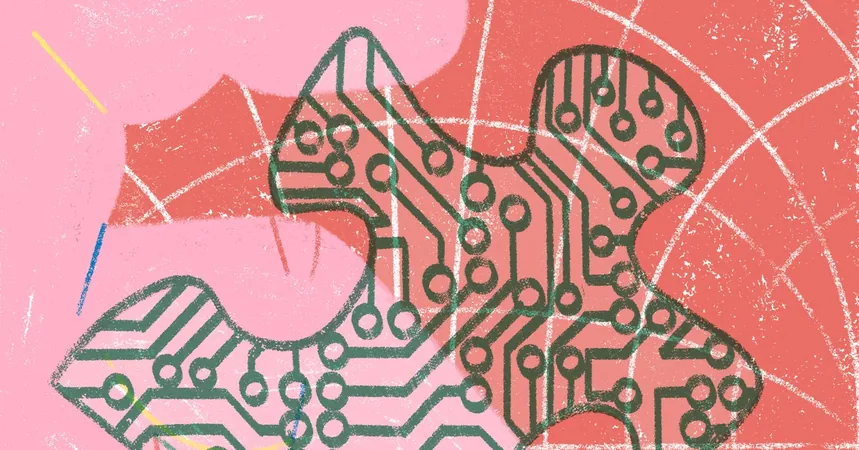
Groundbreaking New Rule Opens Doors for HIV-Positive Organ Transplants
2024-11-26
Author: Benjamin
In a historic decision, U.S. health officials announced a significant new rule allowing people living with HIV to receive kidney or liver transplants from donors who also have the virus. This landmark policy change, effective immediately, is set to not only accelerate the organ transplant process for individuals with HIV but also to enhance the overall availability of organs for all patients in need.
Previously, such transplants were limited to research studies, creating an unnecessary bottleneck for those awaiting life-saving treatments. U.S. Health and Human Services Secretary Xavier Becerra emphasized the importance of this rule, stating, “This rule removes unnecessary barriers to kidney and liver transplants, expanding the organ donor pool and improving outcomes for transplant recipients with HIV.”
The decision is backed by promising research, including a key study published last month in the New England Journal of Medicine. This study monitored 198 organ recipients over a four-year period and found that both groups—those receiving kidneys from HIV-positive donors and those from HIV-negative donors—shared similar high survival rates and minimal organ rejection incidents. Such findings bolster the case for this innovative approach to organ donation.
The concept of utilizing HIV-positive donor organs is not new; in fact, pioneering research from South Africa in 2010 first demonstrated the safety of this practice. However, it wasn’t until 2013 that the U.S. government lifted its ban on HIV-positive organ transplantation, allowing studies to take place. Initial trials focused on deceased donors, but groundbreaking progress continued in 2019 when a team at Johns Hopkins University performed the first-ever kidney transplant from a living HIV-positive donor to an HIV-positive recipient.
To date, around 500 successful kidney and liver transplants have been conducted in the United States from HIV-positive donors, marking a pivotal moment not only in the fight against HIV stigma but also in expanding viable transplant options for countless individuals.
This reform represents a profound shift in how we view organ transplants and HIV, suggesting a future where individuals can receive timely medical interventions, regardless of their HIV status. As we move forward, it signals hope for many who have been waiting for a second chance at life.









 Brasil (PT)
Brasil (PT)
 Canada (EN)
Canada (EN)
 Chile (ES)
Chile (ES)
 España (ES)
España (ES)
 France (FR)
France (FR)
 Hong Kong (EN)
Hong Kong (EN)
 Italia (IT)
Italia (IT)
 日本 (JA)
日本 (JA)
 Magyarország (HU)
Magyarország (HU)
 Norge (NO)
Norge (NO)
 Polska (PL)
Polska (PL)
 Schweiz (DE)
Schweiz (DE)
 Singapore (EN)
Singapore (EN)
 Sverige (SV)
Sverige (SV)
 Suomi (FI)
Suomi (FI)
 Türkiye (TR)
Türkiye (TR)